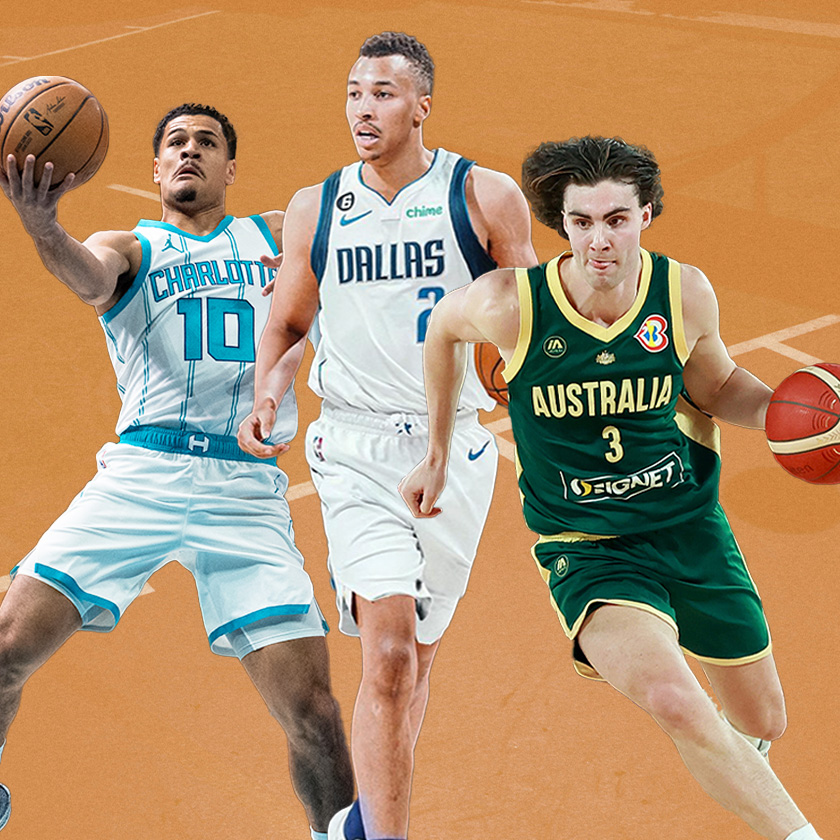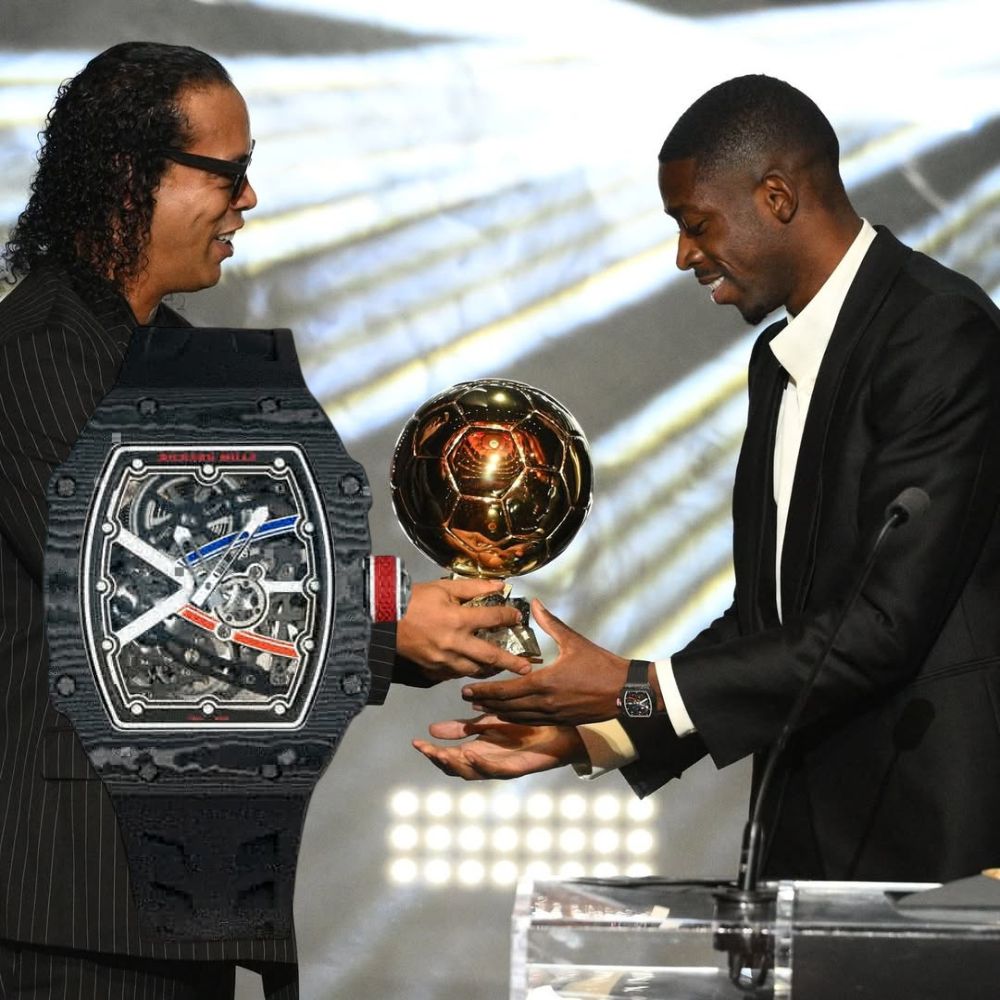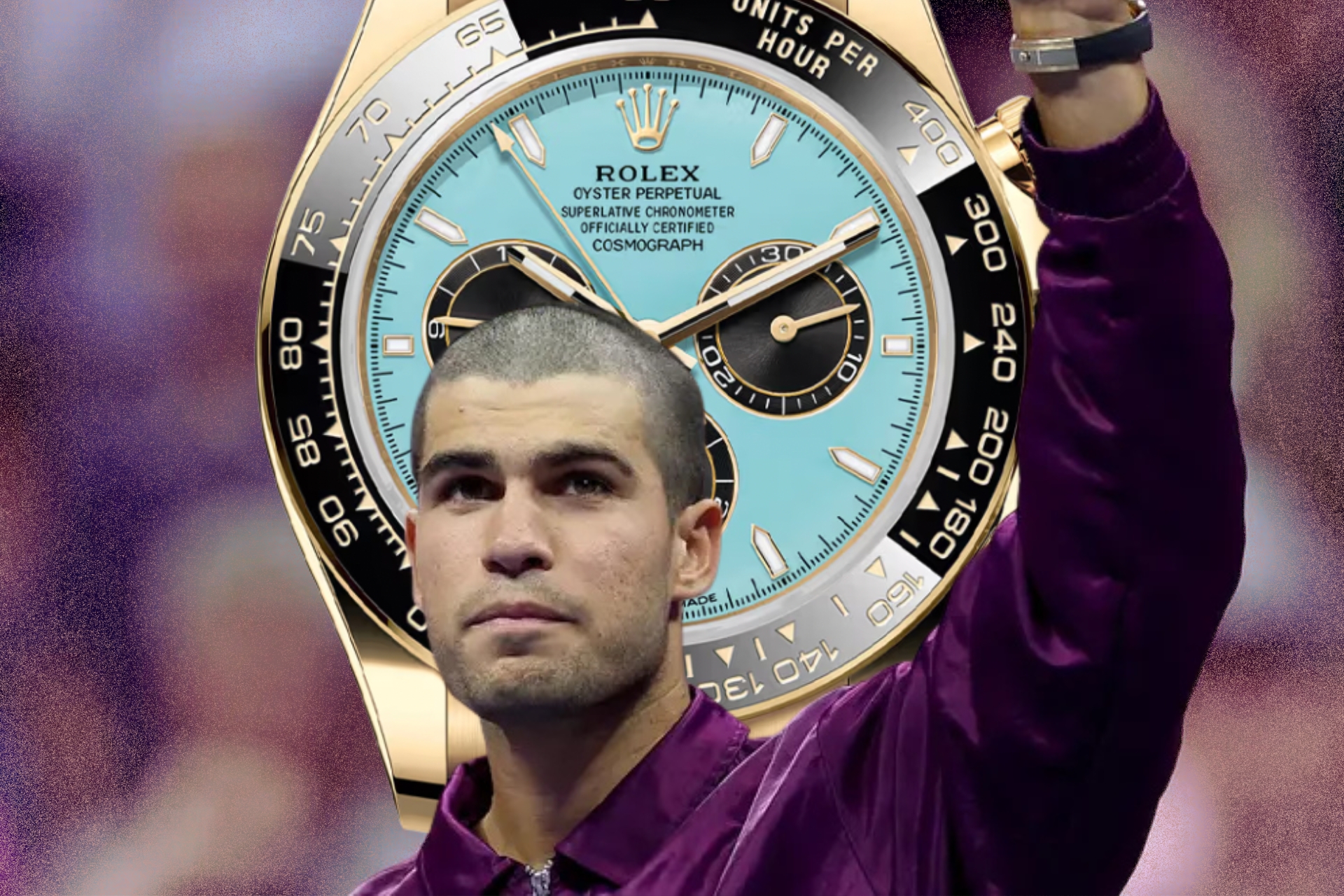Exploring the Full Spectrum of Performance in Sports with Dr. Douk
Unlocking Potential, Breaking Limits, and Understanding the Science Behind Elite Athleticism

ATHLETES FACE SEVERAL unseen challenges, no matter what stage of their career they find themselves in. Whether it be the pressure to perform, the risk of physical health and injury, or even commercial and sponsorship obligations, the modern-day expectations imposed upon athletes are unlike any most have seen in history.
Athletes are continuously pushing the boundaries of human potential. Achieving these feats requires rigorous training, a potential genetic advantage, and, most of all, an extraordinary amount of mental resilience.
Dr. Douk, a wellness advocate and the founder of The Well Club, understands that mental health is intrinsically tied to the world of athletics and that it is often underrepresented not just in the media but in the actual sports themselves.
“There has been a growing conversation about mental health in the field of sports, and it feels like we are moving in the right direction,” says Dr. Douk. “If you take a look at any elite athlete’s career, you’ll find a story filled with perseverance, resilience, and major wins that followed tough setbacks.”
Neuro-bio-theology and Dr. Douk’s nine-dimension framework
Dr. Douk has worked to change the way wellness is experienced and handled in sports. As the founder of “neuro-bio-theology” and the nine powerful dimensions program, his method aims to integrate aspects of psychology, neuroscience, and lifestyle medicine to offer a holistic approach to wellbeing. He is also an advocate for the mental health of athletes, as he understands the pressures that they often face.
“Athletes often operate under intense scrutiny where every performance defines their worth,” he explains. “This relentless pressure, combined with the physical toll of competition, can lead to mental exhaustion”
Because of this pressure and the physical toll it can take, Dr. Douk believes that when the body is pushed too far, the mind follows, which can lead to burnout and emotional strain.
The stigma surrounding an athlete’s mental health in sports often makes it hard for them to seek help. Because of their talents, athletes often feel that they must be invincible and consistently perform flawlessly, which can lead to a reluctance to discuss their struggles with their trainers, coaches, and even their doctors.
Insights from sports and the athlete’s mindset
Dr. Douk’s emphasis on the importance of addressing mental health openly has taught him several lessons about three key sports.
Pickleball: For the body
As a quickly growing sport that is known for its dynamic movements and high-energy gameplay, pickleball serves as an ideal metaphor for physical longevity as well as mental agility. For Dr. Douk, pickleball is not just about getting a workout but also about building strength, maintaining cognitive sharpness, and staying socially connected.
“As you age, it’s not just about lifting heavier weights or running faster; it’s about maintaining movement, flexibility, and brain function. Pickleball provides that balance,” he explains.
The sport–which combines elements of tennis, badminton, and table tennis–requires athletes to think quickly, adjust their movements, and stay aware of their surroundings. These elements make it an excellent activity for anyone who is looking to stay physically active while improving their reflexes and mental coordination.
Golf: For the mind
Dr. Douk sees golf as the ultimate test of mental resilience. Because of this, he uses golf as a way to teach leaders and entrepreneurs the value of perseverance, as well as to always stay focused on the present task at hand rather than getting overwhelmed by external pressures. The pressure of a high-stakes putt, or even the complexity of managing a tournament’s fluctuating conditions, highlights how much the game relies on mental toughness.
“Success comes from staying present, not rushing the process or dwelling on past mistakes,” Dr. Douk says. “In life and business, as in golf, the key is learning how to stay calm and approach each challenge with a clear mind.”
Surfing: For the spirit
For many, including Dr. Douk, surfing is a spiritual practice that embodies the principles of flow, humility, and adaptability. Surfing has played a key role in altering his approach to life and work, and he often says that riding a wave teaches one to center oneself in the present, take things as they come, and trust the process rather than clinging to rigid plans.
“The ocean is an ever-changing, unpredictable force. It teaches you to respect nature, go with the flow, and adapt to conditions beyond your control,” he says.
What Dr. Douk says athletes can do to keep up their game
As competitions intensify, many athletes will turn to sports psychologists to help solve their problems. Dr. Douk has four rules when it comes to the psychology of sports:
- Set Clear, Achievable Goals: Breaking down goals into smaller, more manageable milestones can help make them more achievable. This gives you a sense of accomplishment as you progress and helps reinforce your commitment when you reach these smaller milestones.
- Embrace Discomfort: Mental fortitude develops when you learn to push through and manage discomfort. Whether it’s fatigue from a challenging workout or a long run, embracing these moments builds resilience. The key is to recognize regular discomfort from workouts as a sign of growth, not as something to avoid.
- Develop Consistency: Success in fitness and sports is built on a consistent schedule. Creating a routine that you can follow through with can help build your discipline and strengthen your ability to persevere, even when you don’t feel like it.
- Control Your Self-Talk: Internal dialogue can impact your mental resilience. Replace your negative thoughts with positive affirmations like “I am capable” or “I have overcome challenges before.” Positive self-talk can increase your motivation and help you push through your toughest moments.
While much progress has been made, mental health stigma is still present today. Athletes need to prioritize not just their physical fitness but their mental well-being, as well. By doing this, they can help motivate themselves to do their best, even when they feel they are facing an uphill climb.























